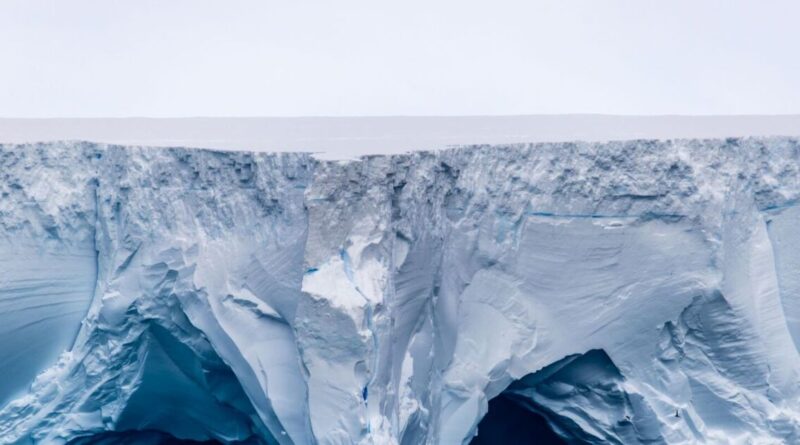World’s largest iceberg about to crash into remote island owned by Britain | World | News
The world’s largest iceberg – roughly the size of Cornwall – is about to crash into a remote British island, putting the lives of penguins and seals in danger.
A23 is one of the world’s oldest icebergs and once measured 3,900 sq km. However, recent satellite pictures have revealed that it is decaying and is now around 3,500 sq km.
It reportedly calved, or broke off, from the Filchner Ice Shelf in Antarctica in 1986 but got stuck on the seafloor and then trapped in an ocean vortex.
Finally, in December, it broke free and is now on its final journey, speeding into oblivion.
The iceberg is spinning northwards from Antarctica towards South Georgia, a rugged British territory and wildlife haven, where it could ground and smash into pieces. It is currently 173 miles away, reports BBC.
Countless birds and seals died on South Georgia’s icy coves and beaches when past giant icebergs stopped them from feeding.
Speaking from the South Georgia government vessel Pharos, sea captain Simon Wallace told BBC News: “Icebergs are inherently dangerous. I would be extraordinarily happy if it just completely missed us.”
Several scientists across the world, along with sailors and fishermen, are anxiously checking satellite pictures to monitor the daily movements of this queen of icebergs.
A23a could break into vast segments any day, which may then hang around for years, like floating cities of ice cruising uncontrollably around South Georgia.
However, this is not the first time that such a massive iceberg has caused chaos between South Georgia and the Sandwich Islands.
In 2004, one called A38 grounded on its continental shelf, leaving dead penguin chicks and seal pups on beaches as massive ice chunks blocked their access to feeding grounds.
Mark Belchier, a marine ecologist who advises the South Georgia government, told the BBC: “South Georgia sits in iceberg alley, so impacts are to be expected for both fisheries and wildlife, and both have a great capacity to adapt.
“Chunks of it were tipping up, so they looked like great ice towers, an ice city on the horizon.”





